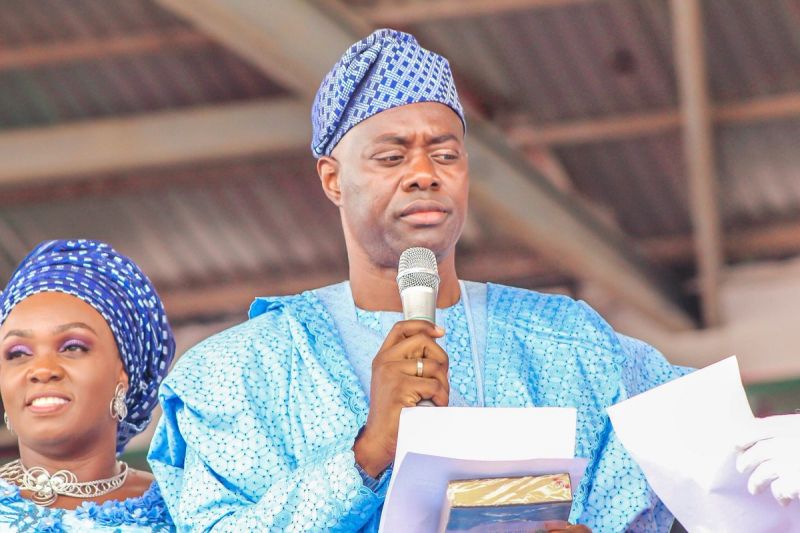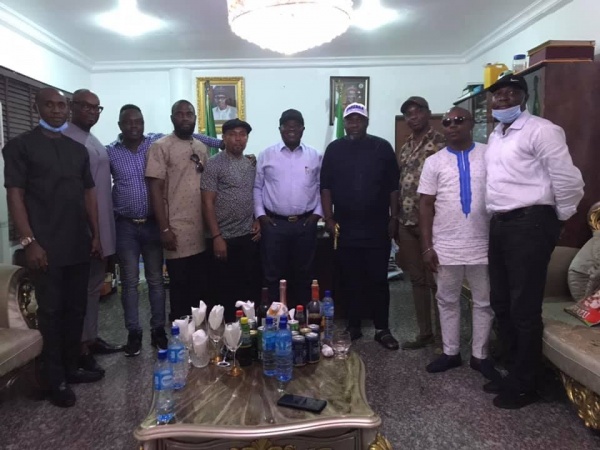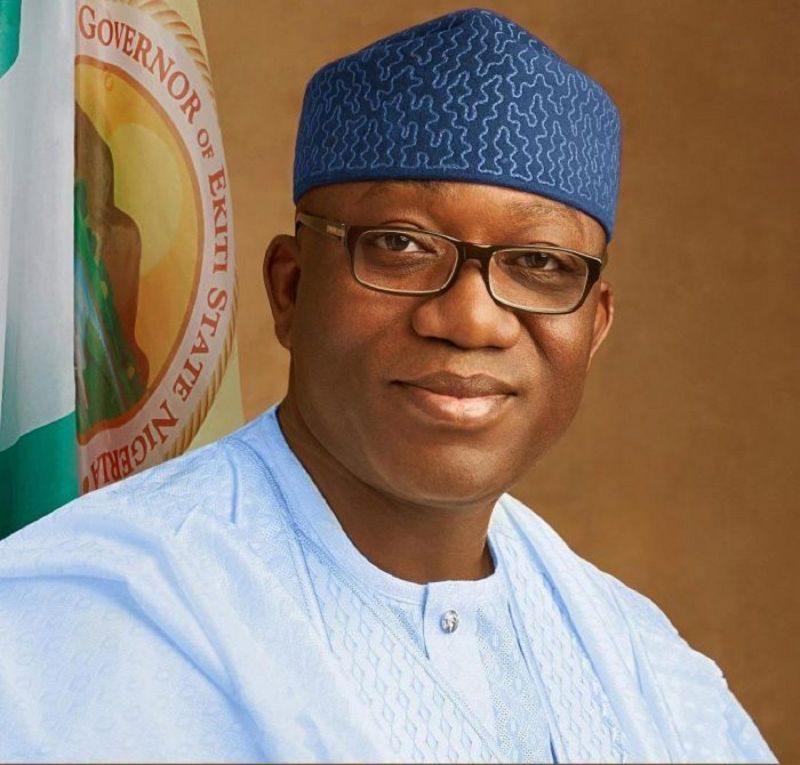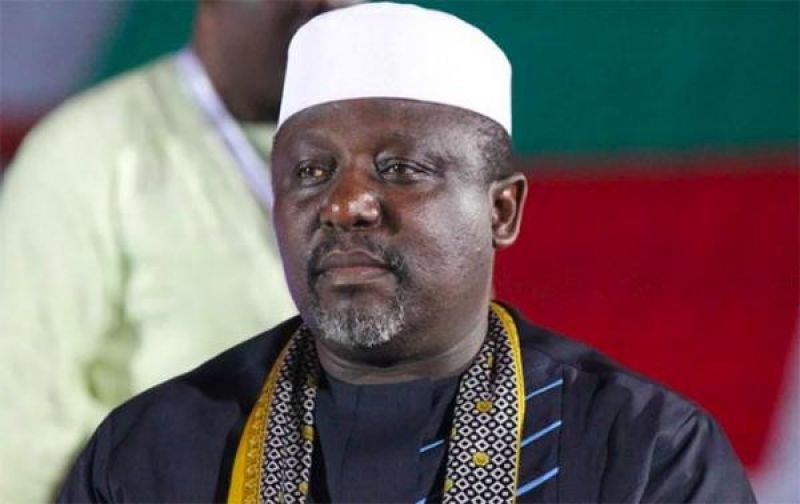Reps create additional seats to accommodate more women in NASS, State Assemblies
Posted by FN Editor | 3 years ago | 962 times
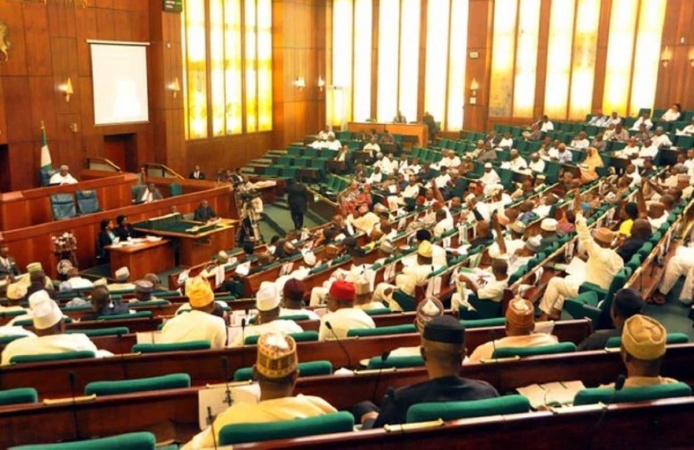
A bill seeking to create special seats for Nigerian women in the two chambers of the National Assembly, Wednesday, scaled through second reading in the House of Representatives.
The Bill is sponsored by the deputy chief whip of the House, Hon. Nkiruka Onyejiocha representing Umunnechi/Isikwuato federal constituency of Abia State with over 100 members of the House including Speaker Femi Gbajabiamila and all the principal offices as co-sponsors.
Presented to the plenary on Wednesday, the members unanimously gave their nod for its second reading.
Titled “A Bill for An Act to alter the provisions of the Constitution of the Federal Republic of Nigeria, 1999 to create additional special seats for Women in the National Assembly and State Houses of Assembly”, it was read for the first time on Thursday 22nd April 2021 in the House.
The Bill comprised 6 major clauses that seek to alter Sections 48; 49; 71; 77; 91; and 117 of the 1999 Constitution (as amended).
Seeking the alteration of section 48, the bill now wants the Principal Act of the Senate to consist of “three Senators from each State and one from the Federal Capital Territory; and an additional Senator for each State and for the Federal Capital Territory, who shall be a woman.”
Notwithstanding the provision of subsection (1) of the section, the bill also provided that “nothing shall prevent a woman from contesting for any of the senatorial seats referred to in subsection (1) (a).”
It added that “The provisions of subsection (1) (b) shall commence after the current life of the National Assembly and shall be reviewed after 16 years from its commencement notwithstanding any other provision of this Constitution.”
In the alteration of section 49 of the Principal Act, the bills seek the composition of the House of Representatives to consist of “three hundred and sixty members representing constituencies of nearly equal population as far as possible, provided that no constituency shall fall within more than one State; and two additional members for each State and for the Federal Capital Territory, who shall be women.”
It also states that “Notwithstanding the provision of subsection (1) of this section, nothing shall prevent a woman from contesting for any of the seats in the constituencies referred to in subsection (1)(a).”
Similarly, it further states that “The provisions of subsection (1) (b) shall commence after the current life of the National Assembly and shall be reviewed after 16 years from its commencement notwithstanding any other provision of this Constitution.”
The bill also seeks that Section 71 of the Principal Act is altered by inserting immediately after sub-sections (1) (a) and (b), new subsections “(2)” and “(3)”.
It states that “Subject to the provisions of section 72 of this Constitution, the Independent National Electoral Commission shall divide each State of the Federation into three Senatorial districts for purposes of elections to the Senate; subject to the provisions of section 49 of this Constitution, divide the Federation into three hundred and sixty Federal constituencies for purposes of elections to the House of Representatives.”.
It added that “For the purpose of section 48 of this Constitution, a State shall constitute an additional senatorial seat to be occupied by a woman.
“For the purpose of section 49 of this Constitution, the Independent National Electoral Commission shall divide each State of the Federation into two Federal constituencies to be occupied by women.”
Section 77 of the Principal Act seeks the alteration in subsection (1) by substituting the words “every Senatorial district or Federal constituency” in lines 1 and 2 with the words “every Senatorial district, Federal constituency and the additional seats”.
It stated that “Subject to the provisions of this Constitution, every Senatorial district, Federal constituency and the additional seats established in accordance with the provisions of this Part of this Chapter shall return one member who shall be directly elected to the Senate or the House of Representatives in such manner as may be prescribed by an Act of the National Assembly.”
Section 91 of the Principal Act seeks to substitute the existing section 91 with a new section “91” which reads thus “Subject to the provisions of this Constitution, a House of Assembly of a State shall consist of three or four times the number of seats, which that State has in the House of Representatives divided in a way to reflect, as far as possible, nearly equal population; and one additional member from each of the three senatorial districts in the State referred to in section 48 (1) (a) of this Constitution, who shall be a woman.”
It also stated that “Notwithstanding the provision of subsection (1) of this section, nothing shall prevent a woman from contesting for any of the seats in the constituencies referred to in subsection (1)(a)”
Similarly, it stated that “The provisions of subsection (1) (b) shall commence after the current life of the State House of Assembly and shall be reviewed after 16 years from its commencement notwithstanding any other provision of this Constitution.
“Provided that a House of Assembly of a State shall consist of not less than twenty-four and not more than forty-three members.”
Section 117 of the Principal Act is also seeking alteration of subsection (1) by inserting immediately after the words “every State constituency” in line 1, the words “and the additional seats”
It read that “Subject to the provisions of this Constitution, every State constituency and the additional seats established in accordance with the provisions of this part of this Chapter shall return one member who shall be directly elected to a House of Assembly in such manner as may be prescribed by an Act of the National Assembly.”
Briefing Journalists after the passage of the bill, Hon. Onyejiocha appealed to Nigerians to also support it to be passed into law eventually.
She said that it would argue the poor number of women in parliament which she currently 4.4 %.
She said: “This bill seeks to alter the provisions of the Constitution of the Federal Republic of Nigeria 1999 to remedy the low representation of women in Legislative Houses by providing for the creation of additional separate seats to be contested and filled by only women in the National Assembly and State Houses of Assembly as a temporary measure to promote women’s representation. The provision is subjected to a review after four general election cycles of sixteen years for the purpose of either retaining, increasing, or abolishing the temporary measure.
“Women have only 4.4% per cent representation in the 9th National Assembly, you may wish to note that Nigeria has been identified as the worst performer in women representation in parliaments, in the West African region and one of the lowest in the whole of Africa.
“I would like to emphasise that women’s inclusion in politics is not just a women or human rights issue, but also an issue of reflecting our history and traditions in our governance process, and I truly believe that this Bill has potential for improving women’s political representation.
“The Economic benefits outweigh anything anybody may say. We are asking for more inputs on the things that will touch lives in every family”.
Asked whether the political parties would subscribe to the bill to elect women in their primary elections to stand for general polls, Onyejiocha said that when passed, the law will be binding on the parties.
“When it passes, the parties will not have any option than to field women”, she said.
Readers Comments
comment(s)
No comments yet. Be the first to post comment.
